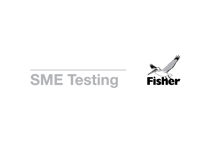
JF SME Testing provides monitoring systems to support renewables projects, providing mooring load and structural health data to drive improved safety, efficiency and reliability.
Our structural wind energy monitoring systems provide insight into the condition of a turbine foundation, warning of component wear and facilitating pre-emptive maintenance works. A combination of sensors measures displacement, inclination, lateral erosion, oceanographic changes and component deterioration without the need for regular diver and ROV inspections.
Alarm-linked, real-time data immediately alerts operators to overload situations and to the possibility that structural stability may have been compromised, lowering the potential for offshore accidents.
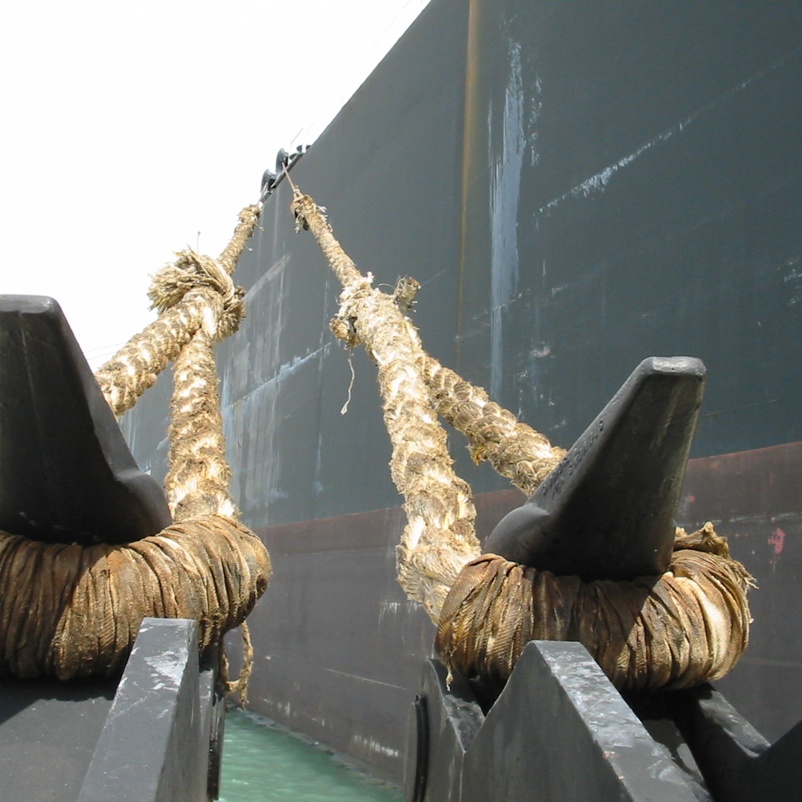
JF SME Testing supplies full scale structural monitoring systems for all wind turbine designs, providing structural feedback on the condition of the asset. Data from accelerometers, corrosion sensors, inclinometers, strain gauges, load cells, fatigue sensors and displacement sensors, is collected alongside weather information, wave data, motion and position, ballast levels and other third party systems, through high speed dynamic data acquisition units.
This data is then stored and processed locally on the turbine and shared to the shoreside via existing network cables. At the shoreside control centre the data is either integrated into the clients existing software solution or managed and displayed through JF SME Testing's data management software. The software provides real-time data displays dashboards with interactive graphing features, automated reports and user configurable threshold limits and alarm functions.
This data provides both the technology designers and project developer insights into future improvements both to reduce cost and improve safety for the next generation of turbines, as well real-time feedback on the condition of the instrumented turbines, to help plan maintenance and ensure assets are safe for operatives to enter.
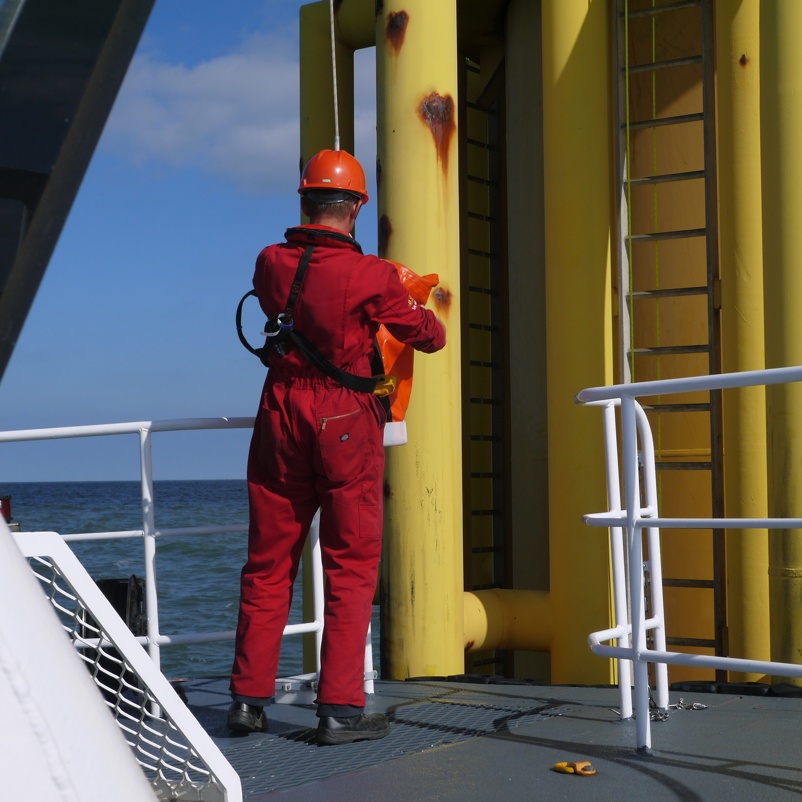
JF SME Testing also supplies Condition Monitoring Systems (CMS), a larger solution designed to integrate a number of monitoring channels into one single data acquisition system. Data from structural sensors and moorings will be collected alongside weather information, wave data, motion and position, ballast levels, WTG interfaces and export cable condition.
This data is then stored and processed locally on the turbine and shared to the shoreside for review.
This data provides both the technology designers and project developer insights into future improvements both to reduce cost and improve safety for the next generation of turbines.
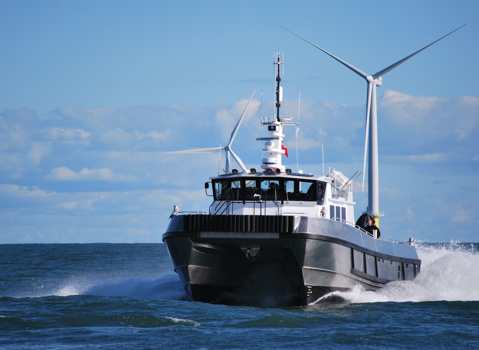
Renewable monitoring benefits:
- Ensures live data-stream of information to verify the integrity of structure and/or mooring arrangement
- Provides critical data insights to accelerate value engineering to aid development, critical to reduce levelised cost of electricity (LCoE)
- During pre-commercial and commercial operation, can feed key data to assess efficiency and availability factors that influence up-time and revenue generation
- As part of a wider instrumentation system including digital twinning, can reduce risk and cost associated with deployment of operatives to offshore assets
- With the size of arrays increasing and working with insurance companies, has the potential to support increased levels of cover
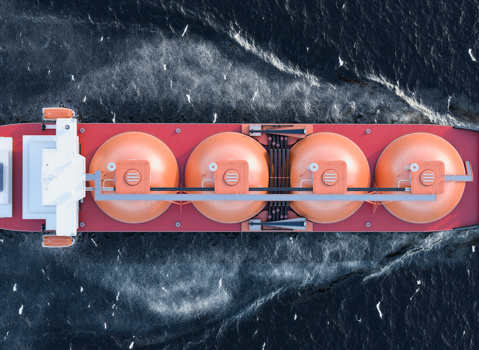
If you are making an enquiry about a product or service, please use our sales enquiry form.
Check out our latest news...
 Read article
Read article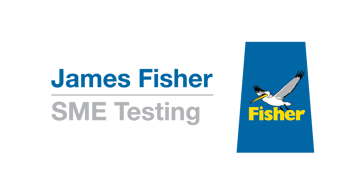
Sale of Mimic and Strainstall UK
Read article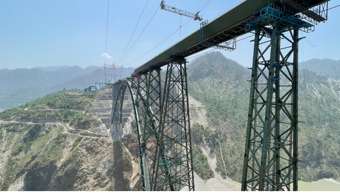
JF SME Testing provides structural health monitoring system for the world’s tallest railway bridge
Read article
JF SME Testing secures Places of Westminster instrumentation and monitoring contract
Read article
James Fisher combines its asset monitoring capabilities under the new brand of JF SME Testing
Read article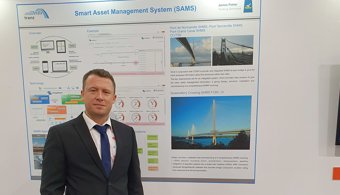
Appointment of new general manager at SME Testing Middle East
Read article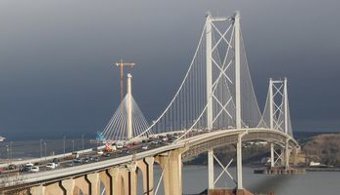
JF SME Testing contributes to new bridge monitoring guidance
Read article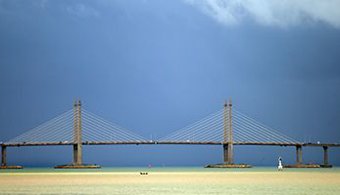
JF SME Testing expand structural monitoring appeal in Malaysia
Read article


